
By Kizito CUDJOE
The Ghana Chamber of Mines has welcomed ongoing efforts by government to review the country’s maiden lithium agreement with Barari DV Limited, a subsidiary of Australia’s Atlantic Lithium Limited, nearly two years after it was first announced.
The move comes as the Ewoyaa Lithium Project faces economic headwinds following a sharp decline in global lithium prices, which have plunged by over 80 percent since their 2022 peak.
The Minister for Lands and Natural Resources, Emmanuel Armah-Kofi Buah, confirmed that his ministry will present a revised memo to Cabinet and subsequently parliament in a bid to rescue the project and ensure its viability under current market conditions.
“The ministry has notified Cabinet of the company’s request,” the minister said. “A revised memo will be submitted for Cabinet’s consideration and onward transmission to parliament to ensure the project’s survival.”
Barari DV Ghana Ltd. – local operator of the Ewoyaa project – submitted a formal request to the Minerals Commission, citing unsustainable market conditions. The price of lithium has fallen below US$675 per tonne, roughly the project’s estimated cost of production, rendering the terms of Ghana’s current revenue framework economically unfeasible.
Barari’s original 15-year mining lease, granted in October 2023, was submitted to parliament for ratification in 2024. However, it was not approved before the House adjourned for the 2024 general elections and was later dissolved.
It is in light of these developments that the Chief Operating Officer (COO) of Ghana Chamber of Mines, Ahmed Dasana Nantogmah, said the Chamber supports government’s decision to revisit terms of the deal to reflect the prevailing market environment.
“Considering the price drop from about US$3,000 to as low as US$600 per tonne, a review of the initial lease terms is necessary to make the project more competitive,” he noted.
“We’re optimistic that the current ;parliament will ratify the revised agreement at the earliest opportunity,” Mr. Nantogmah said during a press engagement, in Accra to discuss key mining industry performance.
The Chamber’s 2024 performance data highlighted the mining sector’s contribution to Ghana’s economy.
Total fiscal payments from the mining and quarrying sector amounted to GH¢17.7billion, representing 24.3 percent of direct domestic tax revenue, the Chamber said.
Mineral export proceeds were the country’s largest source of foreign exchange earnings in 2024, generating US$11.9billion – more than crude oil (US$3.9billion), cocoa (US$1.9billion) and inward remittances (US$6.7billion) combined.
According to the Bank of Ghana (BoG), the sector accounted for 58.4 percent of gross merchandise export earnings. Of the US$7.1billion in mineral revenue generated by producing member companies, US$4.9billion or 70.8 percent was repatriated through the BoG and commercial banks.
“These proceeds remain a major source of foreign exchange liquidity for the domestic financial system,” said the Chamber’s Chief Executive Officer (CEO) Dr. Kenneth Ashigbey.
“The Chamber’s continued support for the Bank’s forex and gold purchase initiatives significantly contributed to bolstering reserves and stabilising the cedi.”
Furthermore, it was mentioned that member companies sold 358,218 ounces of gold to the central bank under the Domestic Gold Purchase Programme (DGPP) and spent US$5.5billion on goods, services, taxes and other obligations in 2024.
Of this, US$3.5billion went to local procurement and US$28million for corporate social investments.
The post Chamber of Mines backs move to review lithium deal appeared first on The Business & Financial Times.
Read Full Story
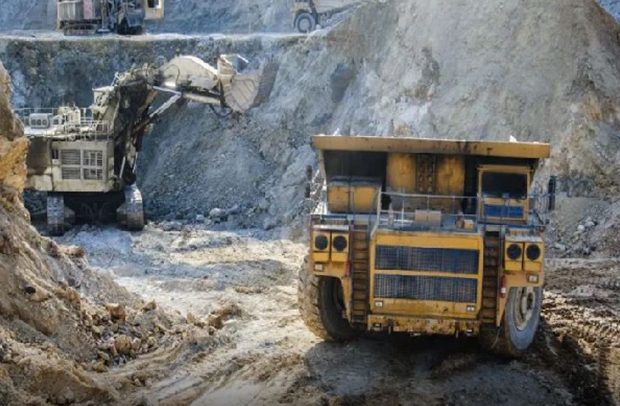
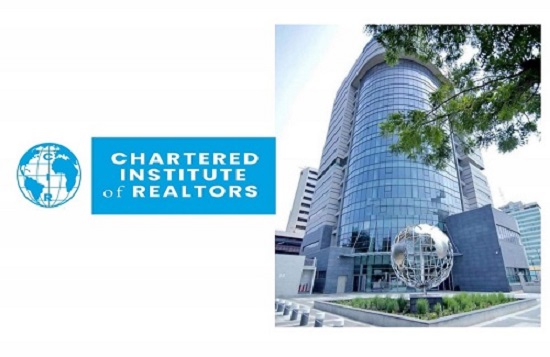
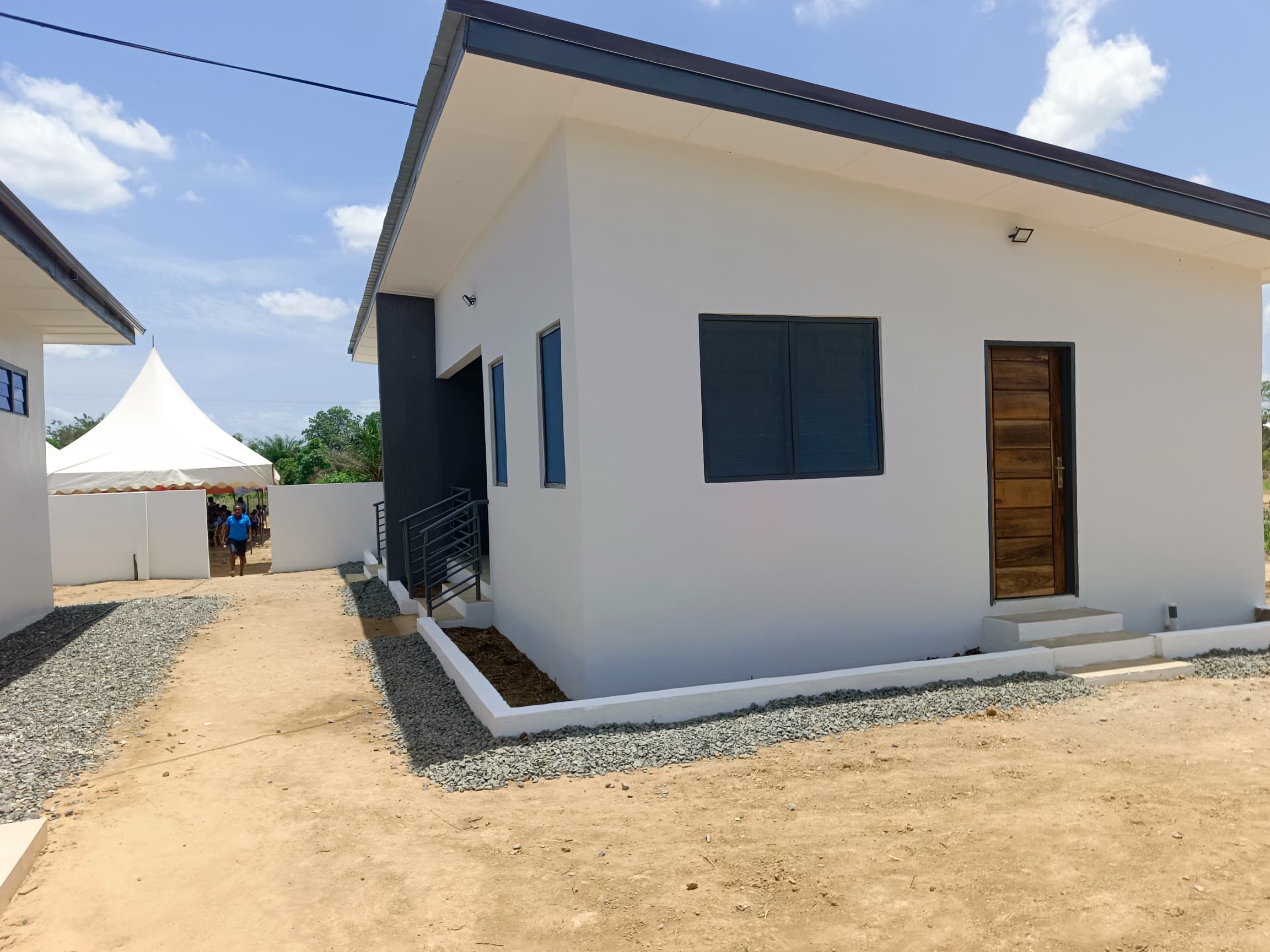

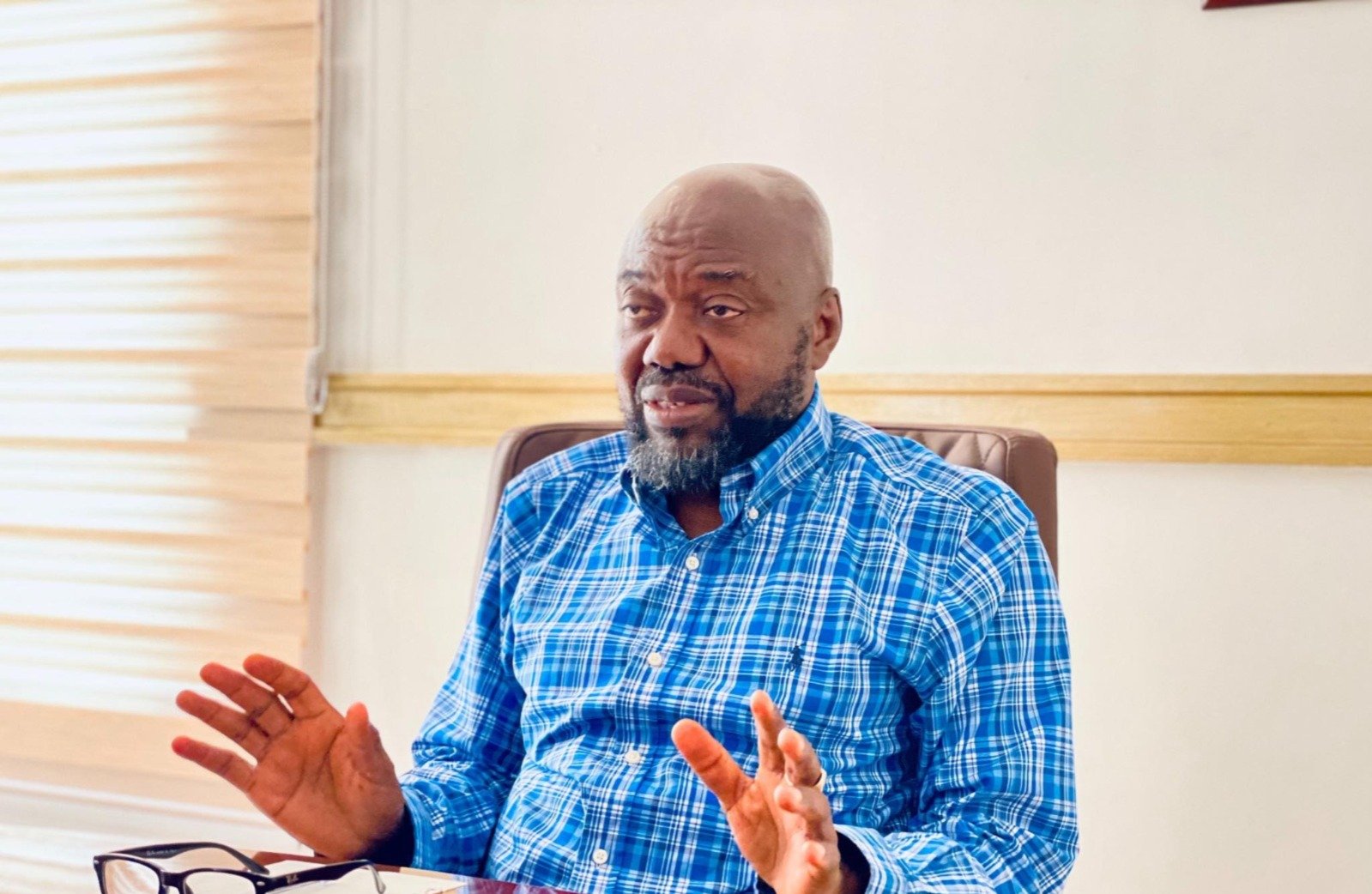
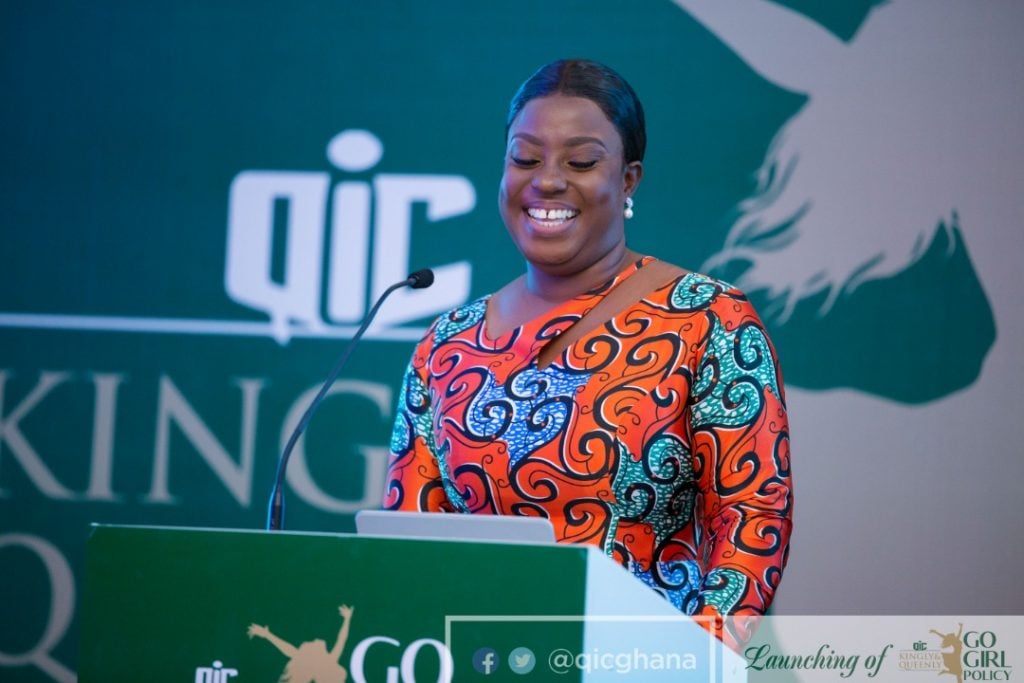
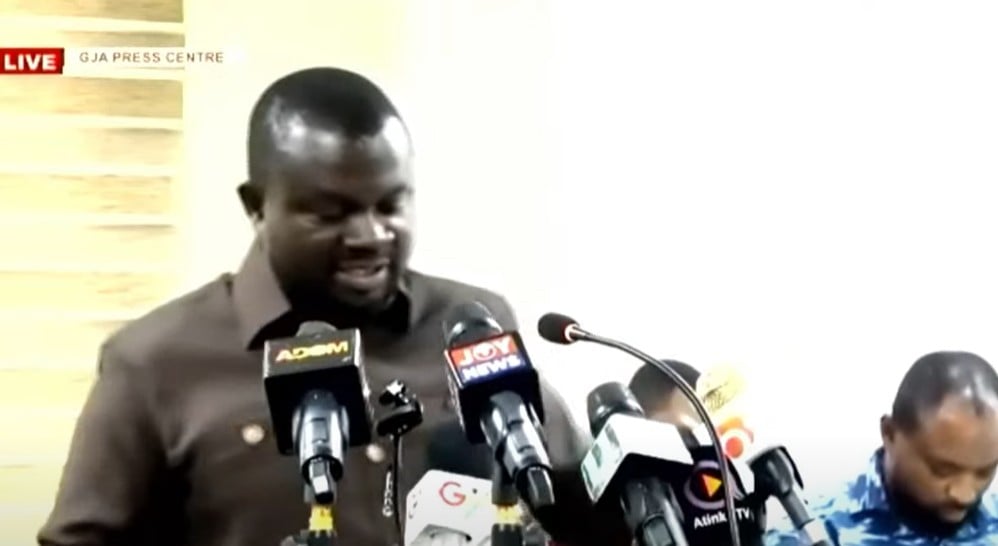
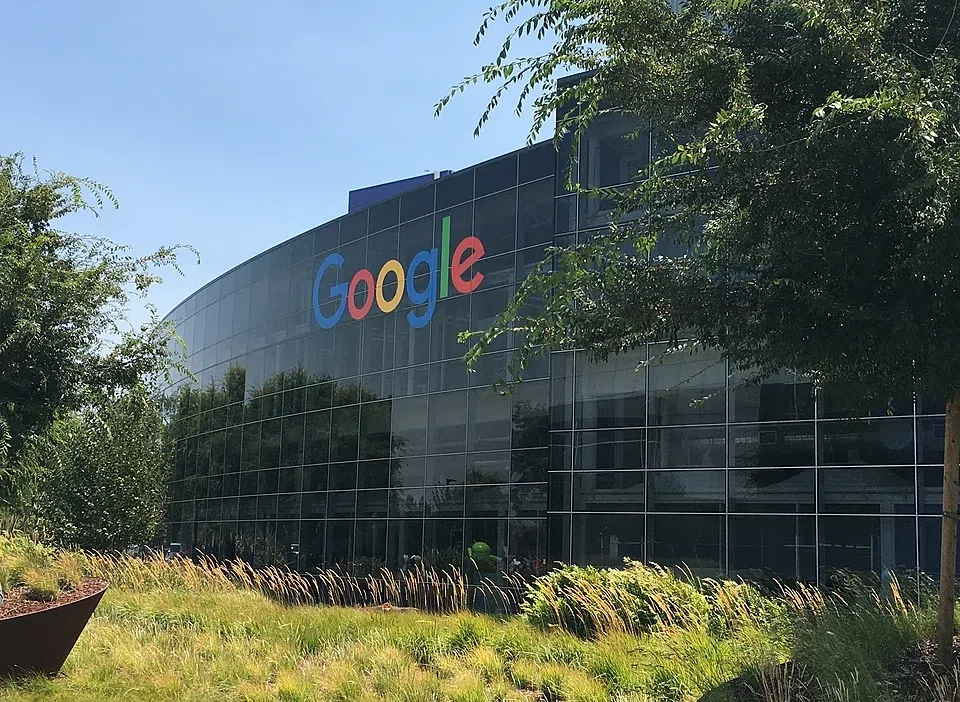
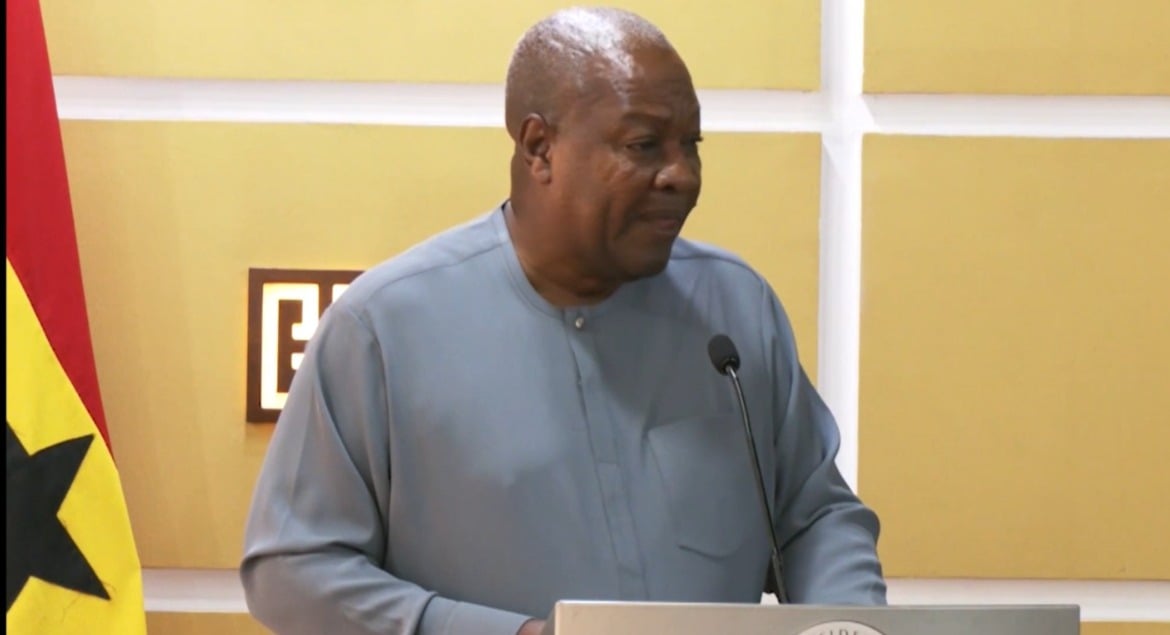


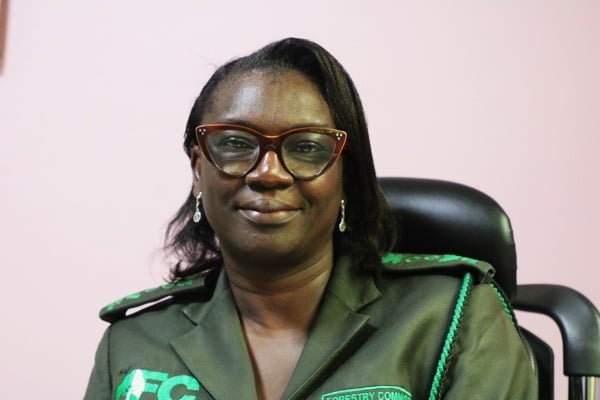
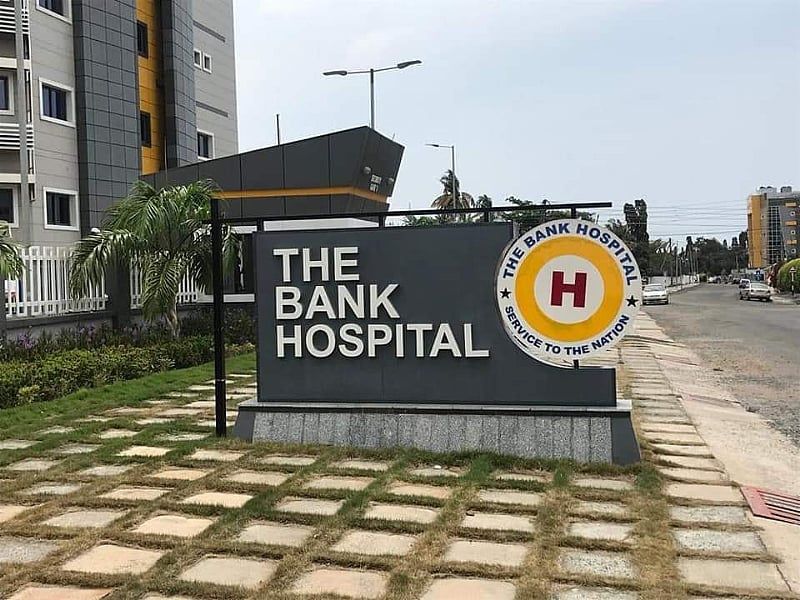
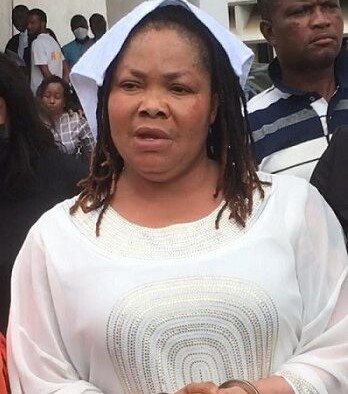
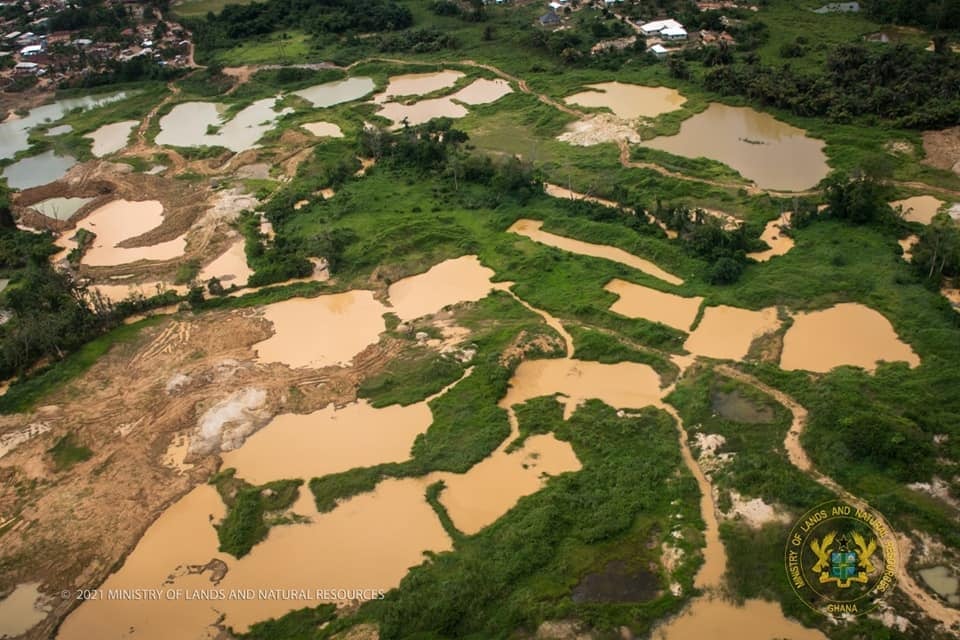


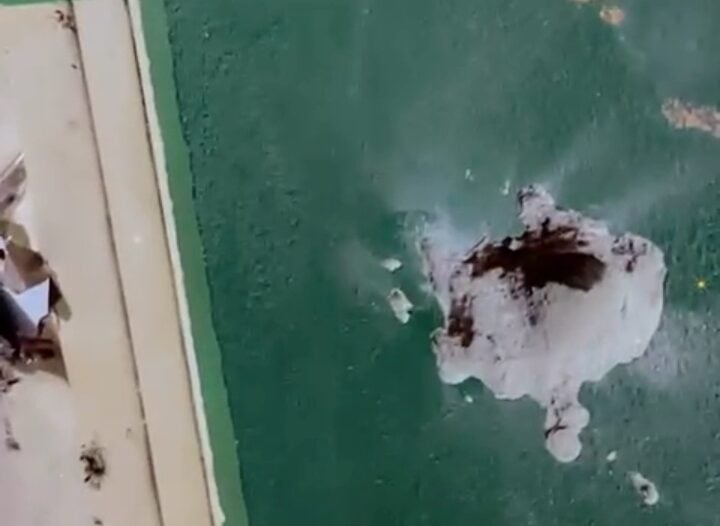
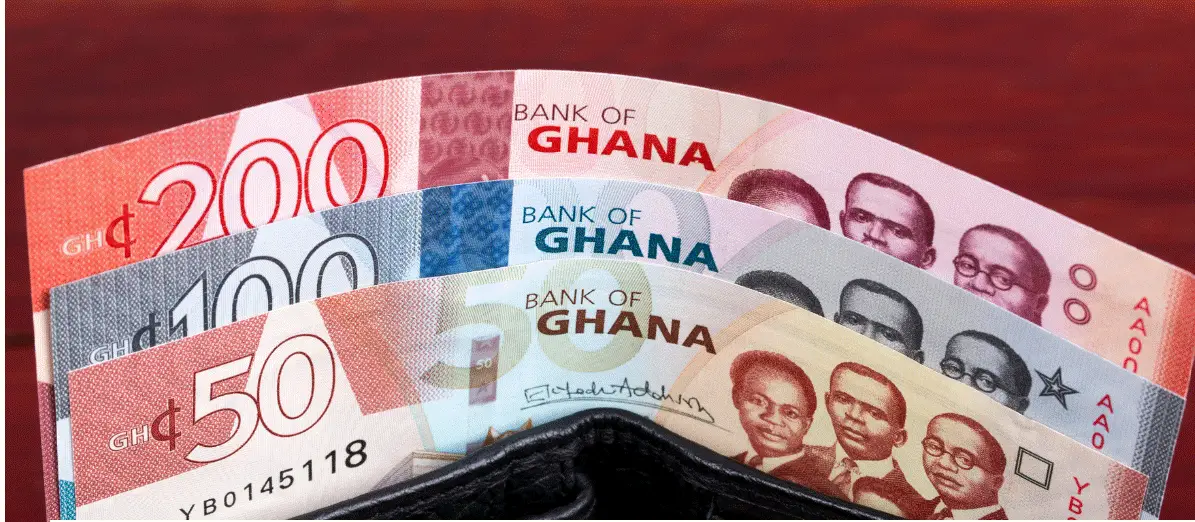



Facebook
Twitter
Pinterest
Instagram
Google+
YouTube
LinkedIn
RSS